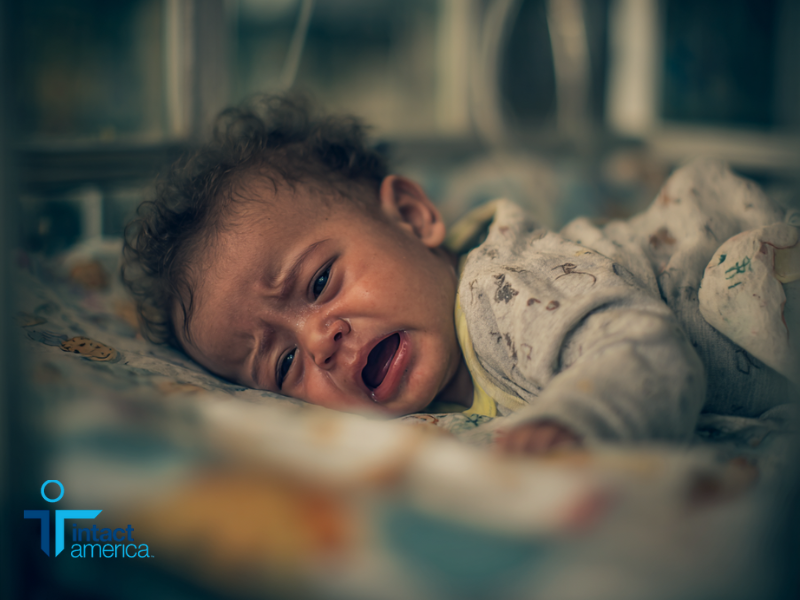11TH INTERNATIONAL SYMPOSIUM ON GENITAL INTEGRITY HELD IN BERKELEY THIS WEEK
Tarrytown, NY—July 31, 2010
An international conference has delivered a clear message to U.S. medical bodies not to recommend any infant genital cutting that is not strictly necessary, organizers say.
The 11th International Symposium on Genital Integrity ended at the University of California at Berkeley this evening.
“We learned how circumcision does much more harm and less good than most people imagine,” co-organizer Marilyn Milos said, “and how circumcision instruments all have particular risks – as we were reminded last week when a boy was awarded $10 million for a tragic botch.”
The American Academy of Pediatrics and the Centers for Disease Control are both considering revising their currently neutral advice about neonatal circumcision in the U.S., following claims from trials in Africa that it reduced the rate of HIV transmission from women to men by 1.8%. (Over three trials, the rates were 2.49% of non-circumcised men and 1.18% for circumcised men.)
“We heard how the African trials are irrelevant to the U.S., where HIV is mainly transmitted by sharing IV drug needles and sex between men,” Milos said.
“The AAP should have learned from its recent experience with female cutting, that even a token nick is not acceptable, and male circumcision and intersex reassignment are much more extensive than a token nick,” Milos said.
Speakers came to the symposium from Australia, Brazil, Canada, Egypt, England, Ireland, Italy, and New Zealand.
Tomorrow the National Organization of Circumcision Information Resource Centers (NOCIRC), one of the conference organizers, marks 25 years in existence.




